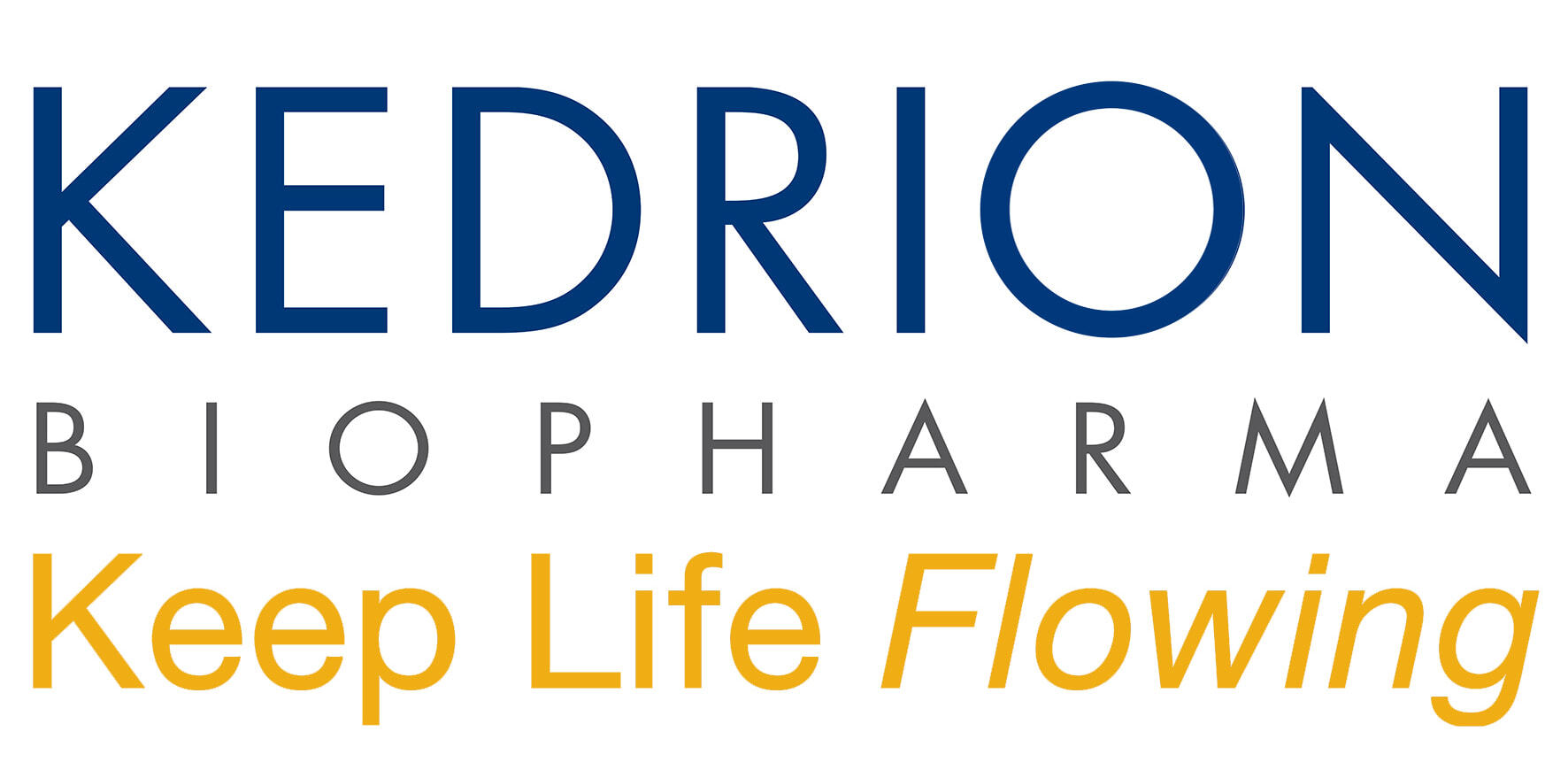Narrative medicine has the capacity to transform the therapeutic relationship between doctor and patient. It turns a monologue into a dialogue that begins with listening to those who are experiencing the treatment process first-hand, and creates a relationship – based on empathy and humanity – that goes beyond the physiological management and communication of the disease. Kedrion places patients at the center of all its activities, and therefore believes in the relevance of discussing narrative medicine as one of the means that – in the near future – will most improve the doctor-patient relationship.
The role of narrative medicine played a central role in the “Transplant storytelling” event, organised by Epateam (a health networking project entirely dedicated to liver transplantation) with an unconditional contribution from Kedrion Biopharma. The event marked the first anniversary of the Epateam.org digital platform, which launched in February 2018.
In the course of the event, video testimonials presented the stories of three transplant patients, from the discovery of their disease to their new post-transplant life.
The aim of the event was to use a listening-based, and doctor-patient dialogue centered, approach to address the issue of liver transplantation. The line-up of speakers featured leading experts in the fields of hepatology and narrative medicine including Serena Barello, Università Cattolica del Sacro Cuore, Milan, Umberto Cillo, Università degli Studi di Padova and President of the Italian Organ Transplantation Society, Stefania Polvani, USL Toscana Sud Est and President of the Italian Narrative Medicine Society, and Maria Rendina, Policlinico di Bari (gastroenterology department). Lucio Caccamo, Ospedale Maggiore Policlinico di Milano and coordinator of the Epateam Faculty, introduced the discussion, highlighting the need to put patients at the center of the therapeutic relationship by using increasingly effective communication.
The debate that followed revolved around the role of narrative medicine as a means of listening and understanding, and then integrating the points of view of patient and doctor. Speakers agreed that the patient’s story – and the stories of those who accompany patients on their liver transplant journey – contribute hugely to therapeutic effectiveness.
The evening was set aside for a recorded video message by Columbia University’s Rita Charon, who pioneered narrative medicine as a medical intern at the end of the Nineties.



